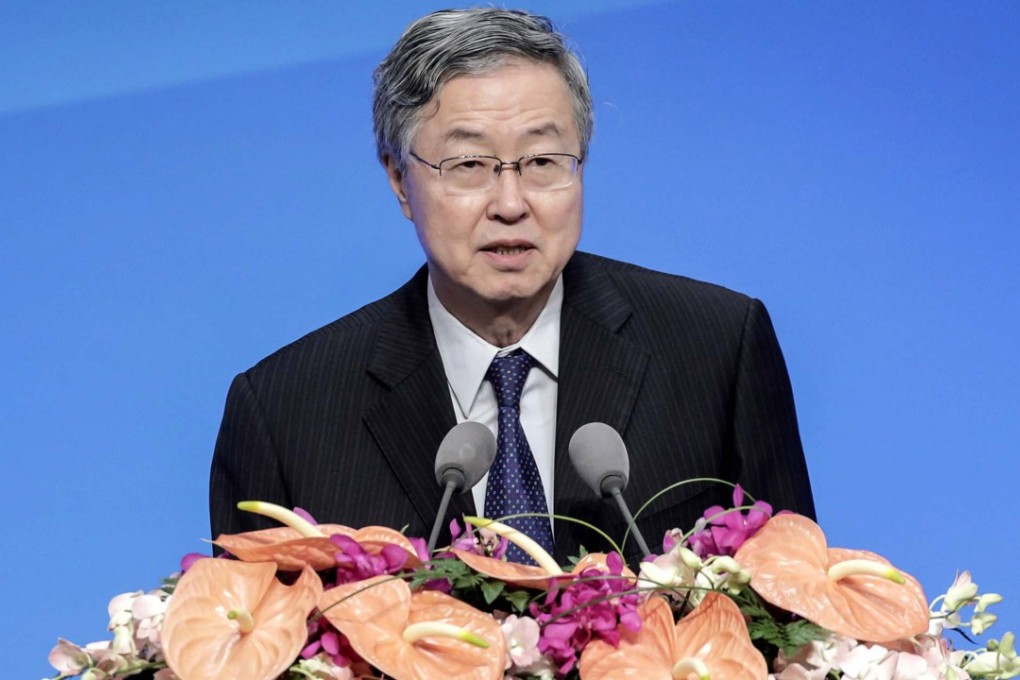Update | Central bank chief says cross-border yuan settlement system to launch in Shanghai soon
Zhou Xiaochuan says system’s aim is to support yuan internationalisation, and construction projects along the Belt and Road

China’s central bank governor Zhou Xiaochuan says a cross-border yuan settlement system will soon be launched in Shanghai, in a renewed effort to bolster the local currency’s internationalisation drive and reinforce city’s bid to become a global financial centre.
The China International Payment System, known as CIPS, has been more than five years in the making by the People’s Bank of China, which reflected Beijing’s ambitions of creating a unified network for settling deals in yuan.
The CIPS could also help Shanghai vie for the role of a global yuan settlement and clearing centre.
“In order to push the further development of Shanghai into an international financial centre, the China International Payment System will be established in Shanghai in the near future,” Zhou told the Lujiazui Forum on Tuesday.
“It will aim at supporting the internationalisation of renminbi and the constructions projects along the Belt & Road Initiative trade routes.”
The Belt and Road was introduced by Chinese President Xi Jinping in 2013 as an economic blueprint to improve infrastructure across 65 countries along the old two Silk Road trading routes.